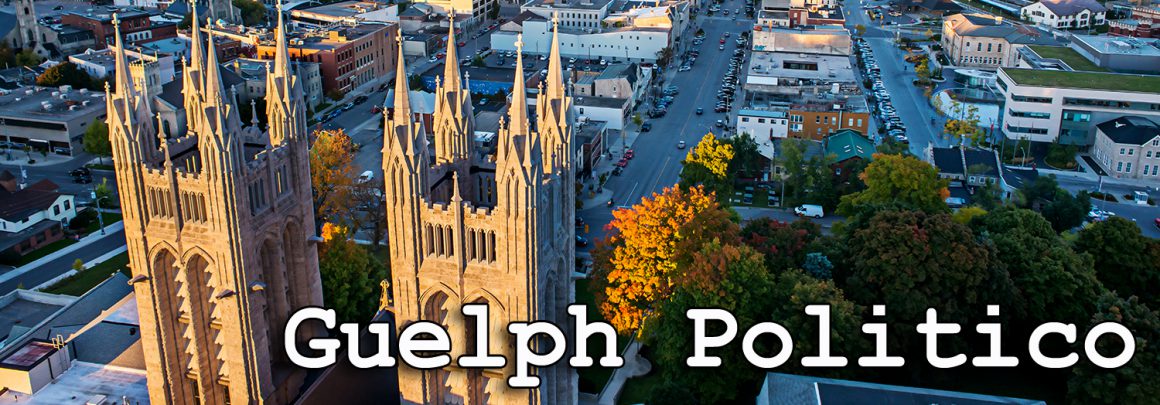The news doesn’t stop for Christmas! Well, it kind of does, but there was lots of breaking news stuff in the days leading up to Christmas, and not all of it was about the spreading Omicron variant. In the week before Christmas, there was announcements about new funding in food, food insecurity, and lots of other community programs that still need emergency funding. Plus, do you need to borrow a tablet? Read on…
Guelph Library’s Got Tablets to Borrow
If you’re looking for something to do during the holidays, but you don’t have access to a great device, then perhaps you can borrow one of 27 Wi-Fi enabled Samsung Galaxy Tab A tablets from the Guelph Public Library. According to a GPL media release, each tablet comes with “internet connectivity included to ensure our community can remain connected and supported with portable access.” You can borrow each tablet for one week at a time, but all users must be 18 years or older and follow the Library’s Internet Access Policy. The purchase of the tablet was made possible with a $25,000 grant supported by the Government of Canada’s Healthy Communities Initiative.
Work Done on Speed River Bridge (For Now)
In their December newsletter to Guelph-Wellington passengers, Metrolinx announced that work on the Speed River rail bridge, which passes over the intersection where Macdonell, Wellington and Woolwich Streets meet is officially done. “The rehabilitation work at Speed River Bridge is now complete. Working together with the City of Guelph, we have replaced the aging north track spans as well as upgraded the existing substructure to be able to support an additional future south track. Thank you to surrounding residents and road users for your patience as we completed this important safety related work.”
Metrolinx also provided a link to this video, which shows the difference increased train speeds make in travelling between Guelph and Kitchener.
City of Guelph Gives Out Another $350k in Funding
The City of Guelph gave out a few Christmas presents of their own to Guelph Arts Council, Guelph Black Heritage, Hospice Wellington, PIN, the YMCA and 25 other local organizations with the latest phase of the Emergency Funding program. Some 30 different community groups covering the arts, recreation, food insecurity, health issues and homelessness are splitting $351,472 in the third phase of the program, which was designed to support organizations, unincorporated groups and individuals with COVID-19 recovery efforts.
“Once again we received many great applications for this phase,” said Danna Evans, general manager of Culture and Recreation in a statement. “We’re glad to help businesses, organizations and individuals who continue to support people in our community throughout this extended pandemic situation.”
In total, the City of Guelph has given out more than $1.2 million through the Emergency Fund program since the start of the COVID-19 pandemic. You can see the full list of recipients, the amount they were funded, and what programs the funding will help create by clicking here.
More Money for Food Safety and Public Education
Guelph MP Lloyd Longfield announced some new funding Farm & Food Care Ontario before the holiday. Through the AgriCompetitiveness Program, $275,000 will be spent to help Canadian consumers learn more about food production, farming and the people who work in the Canadian agriculture and agri-food sectors.
“This funding will enable Farm & Food Care to create new tools and programs, and further expand existing programming designed to directly answer questions about Canadian food and farming,” said Bonnie den Haan, the chair of Farm & Food Care Ontario
“Today’s investment to Farm & Food Care Ontario aims to build bridges between members of the sector and Canadian consumers through various activities. By strengthening these relationships, Canadians will have a greater interest in the sector and strengthen it due to understanding and confidence in the food system,” said Longfield.
Our Food Future Funds New Food Security Efforts
Seven community programs are going to be sharing $100,000 from Guelph-Wellington’s Our Food Future office to fight food insecurity. The Co-Lab Action and Funding Process, a collaboration between 10C and Toward Common Ground, brought together various food relief organizations to co-create solutions, meaning that ideas were funded instead of organizations being funding to implement those ideas. Since applicants didn’t need to be incorporated, a much wider collection of community groups were able to take part in this initiative.
Among the approved projects will be the creation of meal kits at Chalmers, sustainable access to fresh produce at the North End Harvest Market and Silvercreek Market, ready-made meals through Parkwood Gardens, and the new hub-and-spoke pilot project from the Guelph Food Bank where hampers from the Food Bank will be distributed to neighbourhood groups as opposed to having people come to the Food Bank office on Crimea Street.
“It was a terrific process. A lot of eyes were opened that seven different groups could get together and communicate freely,” said Barb McPhee, manager of North End Harvest Market in a statement. “In the end, resources were not evenly split: we allocated the funds to what organizations needed. We also weaved in steps towards Indigenous poverty relief, something we all agreed was essential.”

